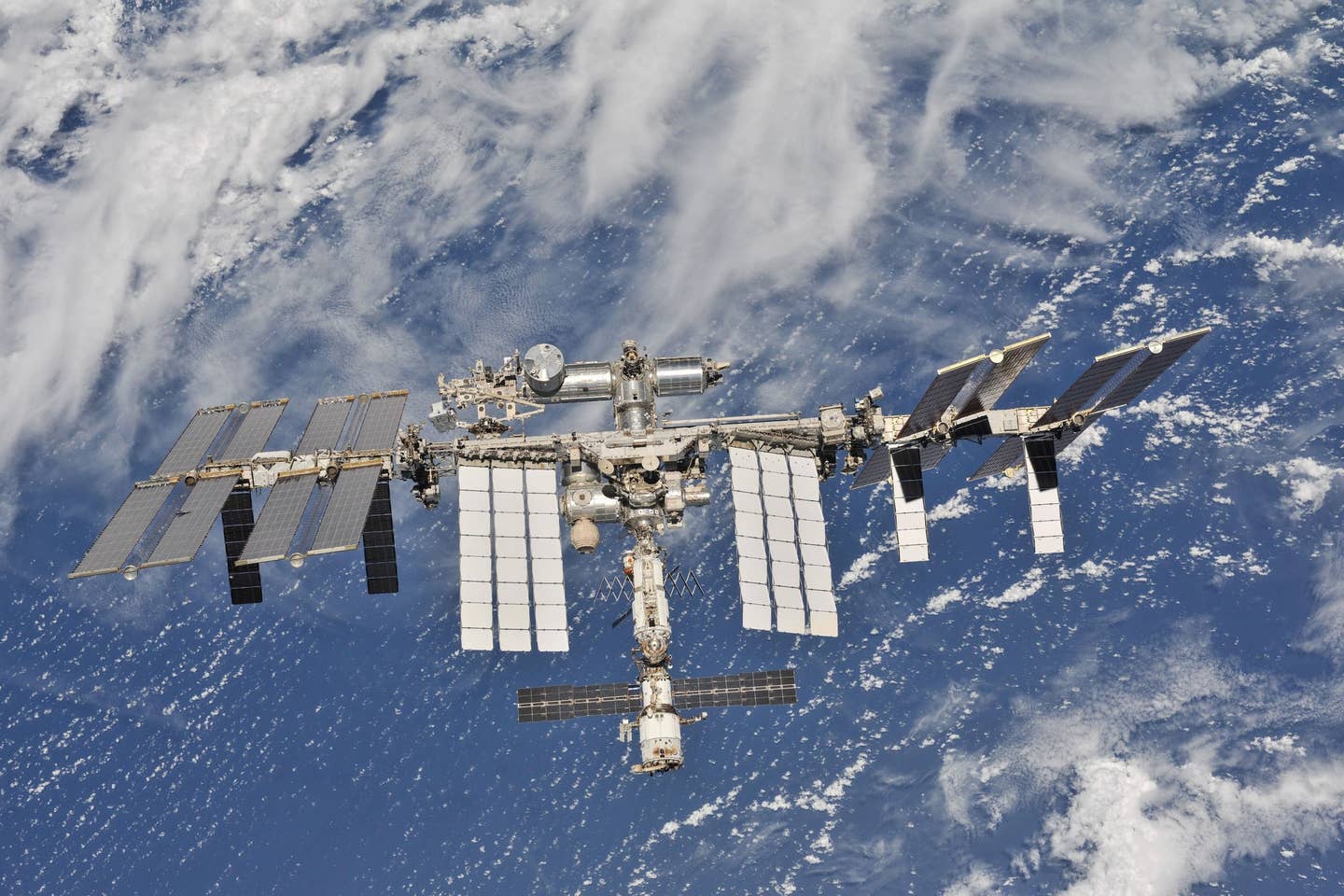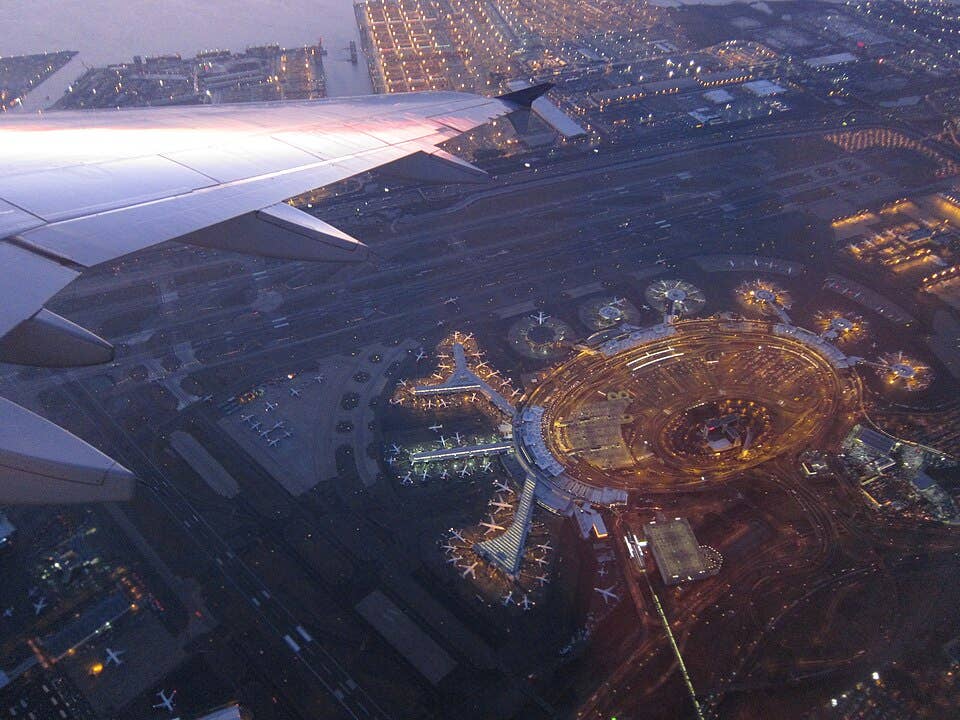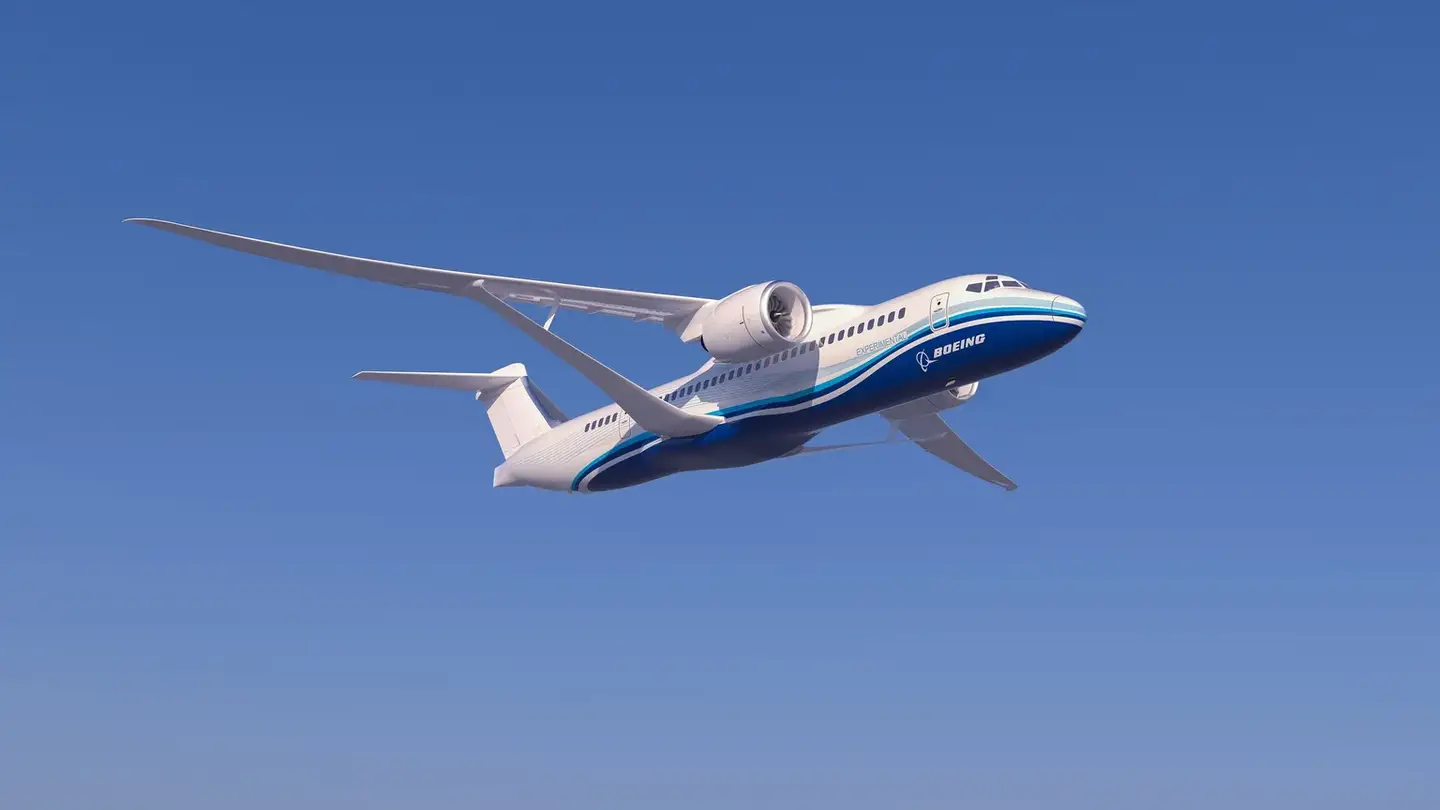ISS At Risk Amid Growing International Tensions
Russia may reconsider its involvement in the international partnership that keeps the International Space Station (ISS) aloft, according to a statement from Dmitry Rogozin, who is the head of Russian…

Image: NASA
Russia may reconsider its involvement in the international partnership that keeps the International Space Station (ISS) aloft, according to a statement from Dmitry Rogozin, who is the head of Russian space agency Roscosmos. Rogozin said that the agency is taking the position due to economic sanctions enacted by the U.S. in response to Russia’s invasion of Ukraine. NASA and Roscosmos have both emphasized that ISS operations remain unaffected so far.
“We will closely monitor the actions of our American partners and, if they continue to be hostile, we will return to the question of the existence of the International Space Station,” said Roscosmos head Dmitry Rogozin [trans.]. “I would not like such a scenario because I expect the Americans will cool down.”
Russia has provided several ISS modules and handles operations including fuel resupply and maintaining the station’s orbit via docked spacecraft. Of the seven crew members currently on board the ISS, one is from Germany, four are from the U.S. and two are from Russia. While NASA, the European Space Agency (ESA), Canada and Japan have been looking to extend station operations through 2030, Russia is only formally committed to the ISS through 2024.
In addition to the issues surrounding the ISS, Roscosmos announced on Thursday that Russia will no longer service the U.S.’s Russian-made RD-180 rocket engines. The country will also stop supplying the U.S. with RD-181 engines. The RD-180 powers the Atlas 5 while the RD-181 is used on the Antares.
Looking outside the U.S., Roscosmos suspended Soyuz launch operations in Kourou, French Guiana, last weekend. The following Monday, ESA released a statement announcing that it would fully implementing sanctions imposed on Russia by its member states. According to ESA, the situation has made the planned launch of the joint Roscosmos-ESA ExoMars Martian rover mission in 2022 “very unlikely.”






